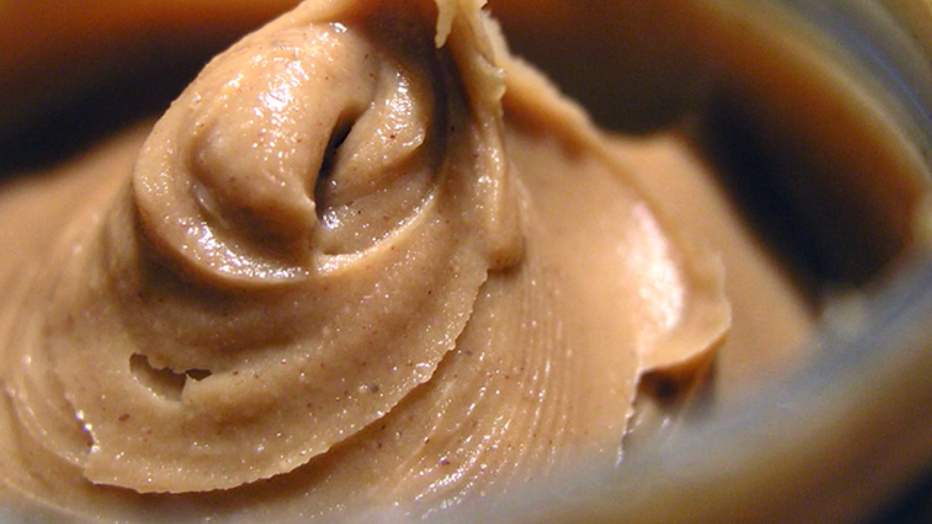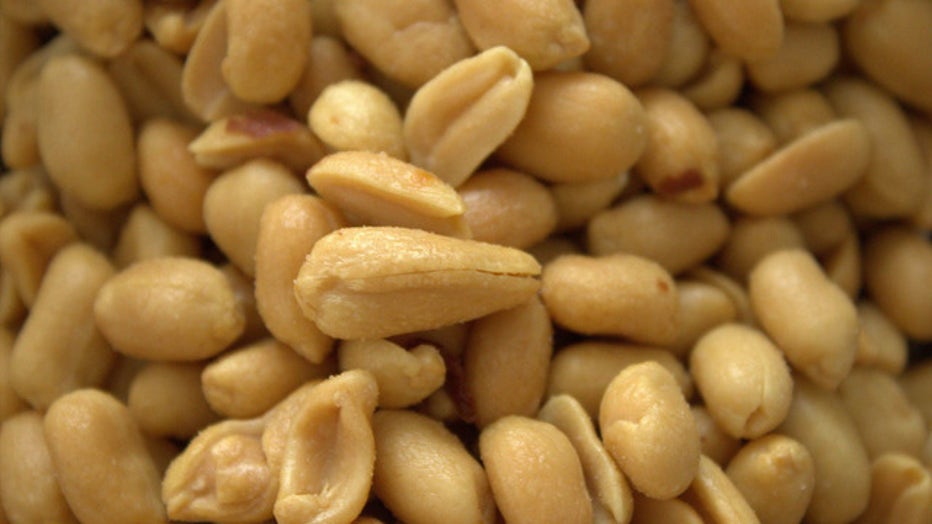FDA approves first drug to help children struggling with peanut allergies

FDA approves first drug to help children struggling with peanut allergies
Three months ago, a family in Central Texas started doing oral immunotherapy at Austin Family Allergy and Asthma one of only a few hundred practices in the country that does this type of therapy.
AUSTIN, Texas - Last week the FDA approved Palforzia its first drug to help children who struggle with peanut allergies.
The FDA says this could affect around 1 million kids across the U.S. but the drug could cost you about $800 dollars a month, and is very similar to the previous treatment that's been made available to a few hundred doctors nationwide.
Austin Family Allergy and Asthma is one of those practices that have been doing what's called Auto Immunotherapy. An allergist there tells me the newly approved FDA drug isn't a cure, it's merely a treatment.

Sweta Vadgama is a mother of 6-and-a-half-year-old twins, Karina and Sahil.
Years ago, they were at a birthday party when Sahil had a severe allergic reaction. “We were like okay he ate a peanut, something's up, we immediately got him tested right after that and confirmed he was highly allergic to peanuts.”
3 months ago they started doing oral immunotherapy at Austin Family Allergy and Asthma one of only a few hundred practices in the country that does this type of therapy. Sahil is one of 40 kids in its Peanut Program.
Vadgama says, “they dilute peanut flour inside of Kool-Aid and you get a dosage, they up the peanut flour in it per visit. We come once a week.”
A doctor monitors the child for an hour and in between appointments the parent gives the child dosages at home. “Yeah this has worked really well knock on wood before he used to get an upset stomach but since November he's had an upset stomach maybe twice,” Vadgama says.
RELATED: US health experts back treatment for kids with peanut allergy
Vadgama says several friends contacted her last week - when the FDA announced it approved Palforzia, a powder mixed into food that helps build a child's peanut tolerance. So she researched the pros and cons of the drug if she were to switch over. “Once we finish these capsules we can eat physical peanuts so comparatively I can spend like 3 dollars on a jar of peanuts versus thousands of dollars so I don't think we'll switch. I can confidently say we will not switch. In essence, it's basically the same one I'm doing now,” she adds.
The cost is a big topic of discussion. Dr. Lieberman, who’s on the American Board of Allergy and Immunology says it could run you about $800 a month.
He says, “anyone who’s been doing this therapy like I said we've been doing this for 2 and a half years, is big news but I don't know if it's going to change all that we practice and it will probably bring more people who are interested to talk about this therapy versus this therapy. But insurance is going to be a big issue. And if it comes out that insurance isn't covering it like that then it's a no-deal, nobody can afford that.”
The FDA says Palforzia is for kids ages 4 through 17. For therapy at Dr. Lieberman's office, there is no age cap. Dr. Lieberman says for allergists who aren't practicing immunotherapy the FDA’s announcement is a big step.

Vadgama says Palforzia is essentially what she's doing now which is what she believes is the safest option for her son. Vadgama adds, “he has to carry an Epipen but I didn't want him to have to worry about going into an anaphylactic shock because someone accidentally used a peanut or peanut oil in something.”
The FDA says side effects of Palforzia may include abdominal pain, vomiting, nausea, tingling in the mouth, itching, cough, runny nose, throat irritation and tightness, hives, wheezing, shortness of breath and anaphylaxis.
Dr. Lieberman says if you're interested in Palforzia it could take a couple of months for doctors and pharmacists to actually begin prescribing it.

